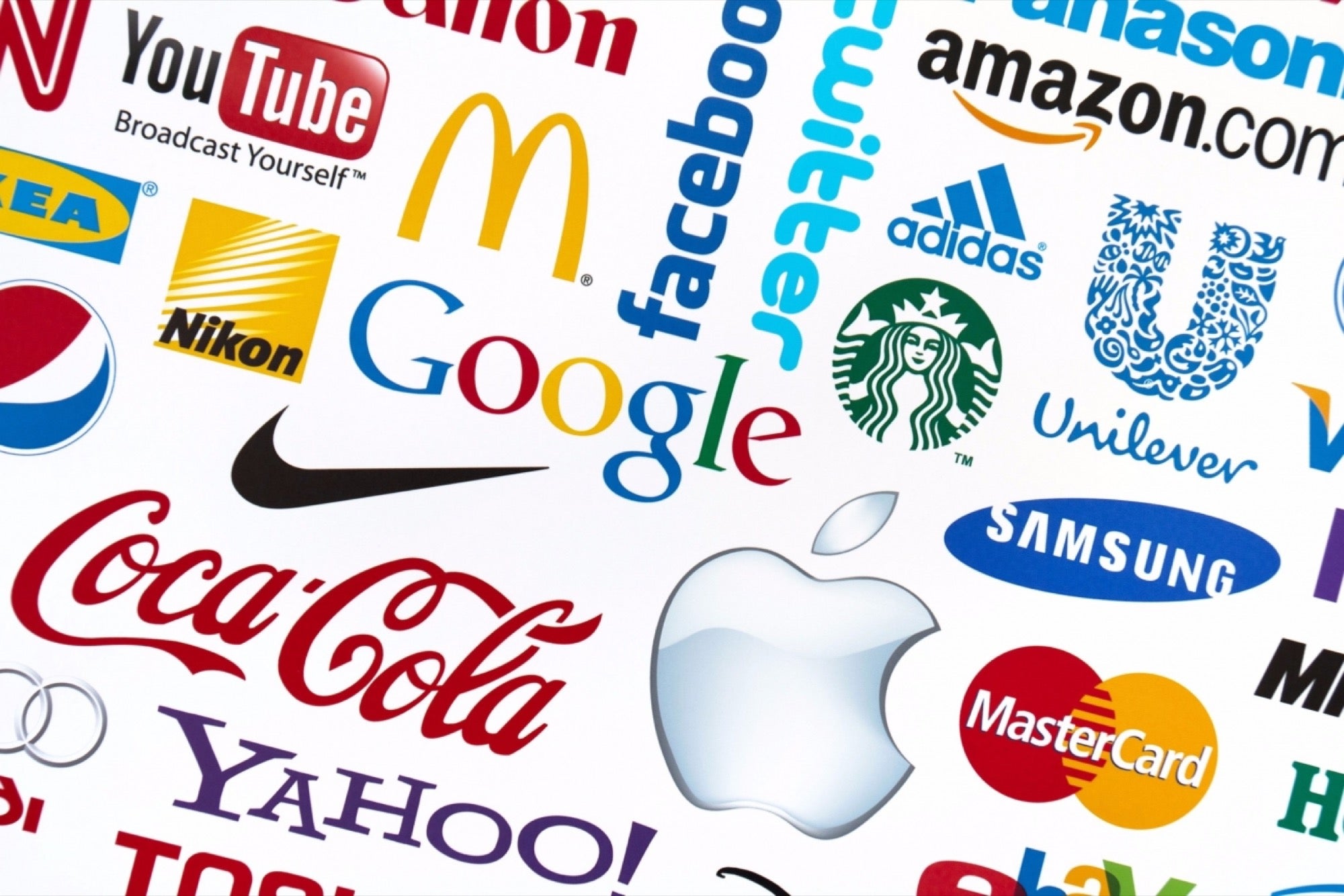7 Factors That Make a Brand Stand Out Without a strong brand at the foundation of your campaigns, you'll just be more white noise to the average consumer.
Edited by Dan Bova

The world is drowning in brands. There are more than 28 million small businesses in the United States, and even more mid- to large-size businesses that increase that number further. Even if only a fraction of those businesses compete with yours, that's an overwhelming number to deal with in an age where information is plentiful and digital exchanges are commonplace.
Related: Do You Need to Create a Personal Brand for Your Business?
To make matters even more complicated, all those brands are competing with one other for visibility by using marketing and advertising campaigns to clamor for their target audience's attention. If you want any hope of your own audience noticing your brand among this mass of competition, you need to stand out.
How can you do that? By making sure your brand has, and demonstrates, these seven important qualities:
1. Originality
First, your brand needs to be original. If you attempt to mimic a competitor's brand, people won't have a compelling reason to choose you instead of that other brand. If your messaging relies on clichés and sales talk, it's not going to resonate with any of your customers. Instead, find an angle that nobody has taken before, and develop an image and voice that are wholly your own. This is easier said than done, of course, but it's a necessary step if you don't want to blend in with the competition.
2. Sincerity
Next, your brand needs to demonstrate a degree of sincerity. If you respond to all your customers on social media with the same copied and pasted corporate response, people are going to see you as a soulless machine that cares only about turning a profit. Instead, show your human side. Invest in the "personality" of your brand, and speak to customers the way you would speak to a friend. You might make some mistakes along the way, but your customers will be able to forge much better relationships with you in the long run.
3. Understanding
The best and most popular brands are the ones that understand their target audiences. They demonstrate this by creating messaging that is relevant for only one target niche; for example, if you're targeting parents, you might mention a common parenting problem, like having difficulty with a morning routine. This will demonstrate a degree of sympathy and instantly make it easier for that audience to connect with you. In time, this will lead to increased interactions with your brand, which in turn will lead to more traffic and conversions. Make sure you research your target demographics thoroughly and on an ongoing basis, and adjust your wording and targeting as needed.
Related: The 6 Biggest Branding Errors Most Startups Make
4. Boldness
In branding, risk often leads to reward. The boldest brands aren't afraid to experiment with new techniques, or take a stance on controversial issues within the industry. They're somewhat polarizing, which means they could alienate a portion of their audience, but they also encourage more loyalty and respect from the people who stick around, and they never run the risk of being seen as "boring" or "just another brand."
5. Consistency
It's easy to blend in as white noise if your messaging isn't consistent. If your brand standards aren't clearly defined, or you have multiple people executing those standards to varying degrees of effectiveness, you might end up alienating your audience. The goal is to get your followers and readers to stick around as long as possible; but to do that, you need to give them a sense of familiarity and predictability. The best way to secure those qualities is to lock down your brand standards early on, and ensure that all team members working on your campaigns are skilled at their execution.
6. Visibility
Obviously, if people aren't seeing your brand, they won't be able to respond to it in any way. Though some potential customers will undoubtedly trickle in through organic searches and other inbound routes, the only way to build your reputation from scratch is to make your brand as visible as possible.
Leverage different opportunities to diversify your strategy; for example, you might post content on external publications to build your reputation, launch a social media strategy or invest heavily in advertising and promoted materials. The bottom line is that you need some medium to promote your messaging -- otherwise, it won't matter how appealing that messaging is. For help getting visibility for your brand, see How to Get Media Exposure for Your Startup: The Ultimate, Step-by-Step Guide.
7. Value
Brands can also stand out by offering more value than their competitors; that can be done in a number of different ways. First, you could simply offer better products and services; if you offer a similarly valuable product for half the price, it will be only a matter of time before people start flocking to you.
Unfortunately, most brands don't have the flexibility to get this competitive (without eating into profits). Instead, you might offer value in terms of better, more informative content, or a stronger dedication to personalized customer service. Originality plays a role here, too, so think carefully about how best to appeal to your customers.
If you're just starting to build a brand, these factors should guide you in its development. If you have a brand already, and it seems lacking, consider implementing a rebranding campaign, or at least adjusting your execution of your brand standards to reflect these values. At the very least, take the time to audit your current brand strategy and evaluate your adherence to the standards you originally set.
Related: The 7 Tenets of Branding
Without a strong brand at the foundation of your campaigns, you'll just be more white noise to the average consumer.









